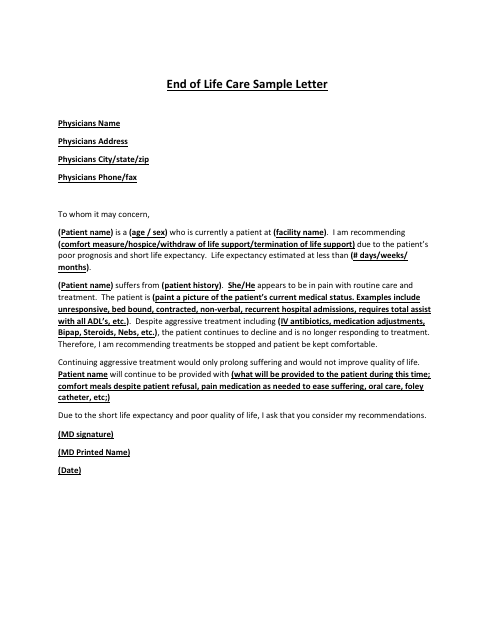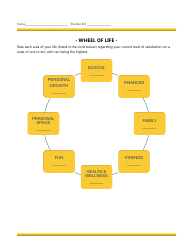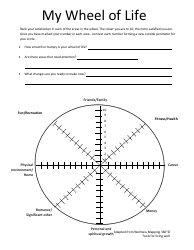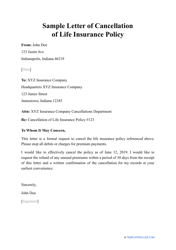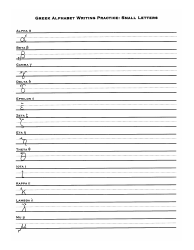End of Life Care Sample Letter
The End of Life Care Sample Letter is generally meant to communicate a patient's preferences or decisions regarding their end-of-life health care. This could include their wishes for medical treatment, the designation of a health care proxy, or their desire for hospice care. In some cases, this letter might be written by a patient's physician detailing their prognosis and options for end-of-life care. This type of letter provides necessary information to family members and care providers to ensure the wishes of the patient are respected and followed. While such a letter is important, it's not legally binding unlike an Advance Healthcare Directive or a Living Will, which are legal documents stating a person's medical preferences if they are unable to make decisions for themselves.
The End of Life Care Sample Letter is typically filed by a patient's primary health care provider, like a doctor or nurse. Alternatively, it can also be written by a person who is terminally ill or in the advanced stage of a serious illness. It serves as a communication tool that outlines the end of life care wishes including the type of care they want, the medical treatments they prefer, and any religious or spiritual rituals they want to be observed.
FAQ
Q: What is end of life care?
A: End of life care is support for people who are in the last months or years of their life. This type of care helps them live as well as possible until they die, and die with dignity. It also includes support for their family or carers.
Q: How can end of life care letter be useful?
A: An End of Life Care letter may outline a person’s wishes concerning their health care and preferences towards life-sustaining treatment, should they become unable to make these decisions for themselves. It often includes aspects related to comfort care, medical treatments, resuscitation, and organ donation.
Q: Is an end of life care letter legally binding?
A: No, an end of life care letter itself is not legally binding. However, if it's combined with a legal document like a living will or a health care proxy, this could provide legal standing for the person's wishes.
Q: How does end of life care work in USA?
A: In the USA, end of life care generally involves a team of healthcare professionals. This can include doctors, nursing staff, social workers, spiritual advisors, and bereavement counselors. Medicare and most private insurance plans cover certain aspects of end of life care.
Q: How does end of life care vary across Canada, India, and Australia?
A: In Canada, end of life care initiatives are funded and managed at the provincial level with services varying widely across the country. In India, the concept of palliative or end of life care is relatively new and is growing slowly due to sociocultural factors. However, Australia has a well-established palliative care system with services delivered by professionals across numerous settings such as hospitals, aged care facilities, and at home.
Q: What should be included in an end of life care sample letter?
A: A typical end of life care sample letter may include the person's details, medical history, personal health care preferences, information about current illnesses, choice of a healthcare proxy, and instructions for disposition of remains and funeral arrangements. This can vary based on cultural, religious and personal beliefs, and these wishes should be discussed with health care providers and family.
